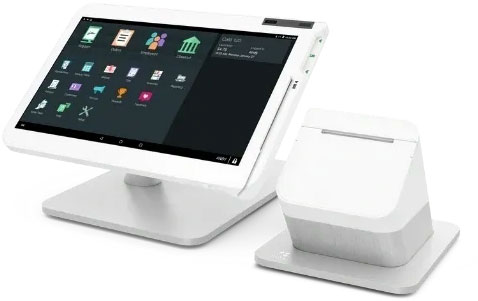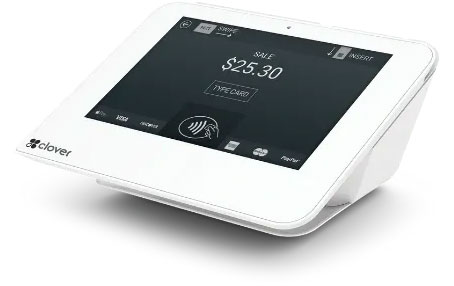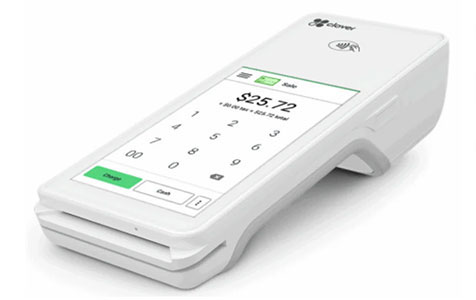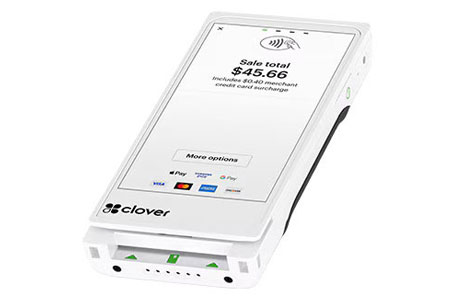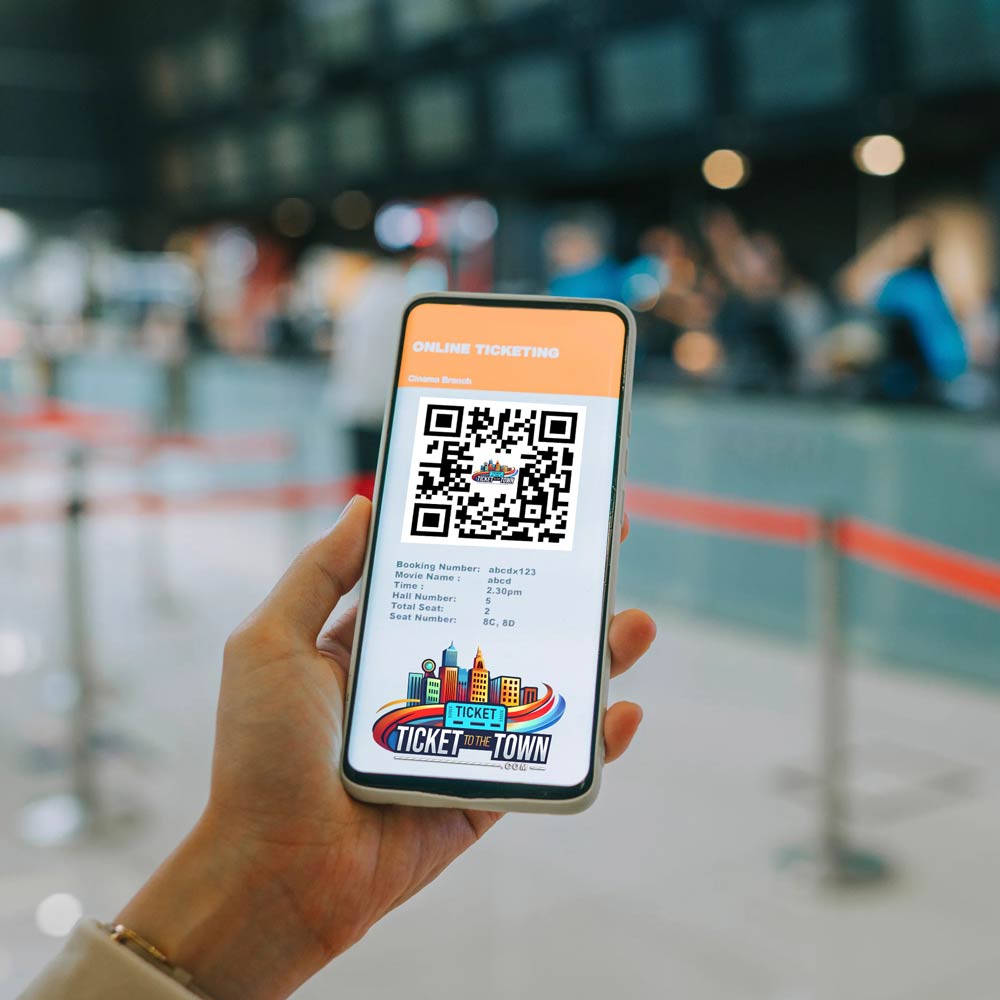

Wider Audience:
Online ticketing platforms can reach a global audience, allowing people from various locations to purchase tickets.
24/7 Availability:
Customers can buy tickets anytime, increasing potential sales compared to traditional in-person sales.
Easy Purchase Process:
Online systems simplify the buying process, making it user-friendly and quick.
Mobile Access:
Many consumers prefer to use their mobile devices for purchases, and online platforms are often optimized for mobile use.


Data Collection:
Online sales allow for better tracking of customer data, enabling targeted marketing and personalized promotions.
Promotions and Discounts:
Easily implement promotional codes or discounts to attract more attendees.
Automated Processes:
Online systems automate ticket sales, reducing the need for manpower and minimizing errors.
Real-Time Inventory Management:
Keep track of available tickets in real-time, preventing overselling.


E-Tickets:
Customers appreciate the option of digital tickets, which can be scanned at entry, reducing wait times.
Refund and Transfer Options:
Many platforms offer flexible options for refunds or ticket transfers, enhancing customer satisfaction
Lower Overhead:
Selling tickets online can reduce costs associated with physical sales venues and staff.
Increased Profit Margins:
By eliminating some traditional costs, event organizers may keep more revenue from ticket sales.


Sales Data:
Access to sales analytics helps in understanding customer behavior and optimizing future events.
Performance Metrics:
Track which marketing strategies are most effective in driving ticket sales.
Credibility:
Partnering with established ticketing companies can enhance the event’s reputation and professionalism.
Trust:
Consumers often feel more secure purchasing through reputable online platforms.

Learn more >
Learn more >


